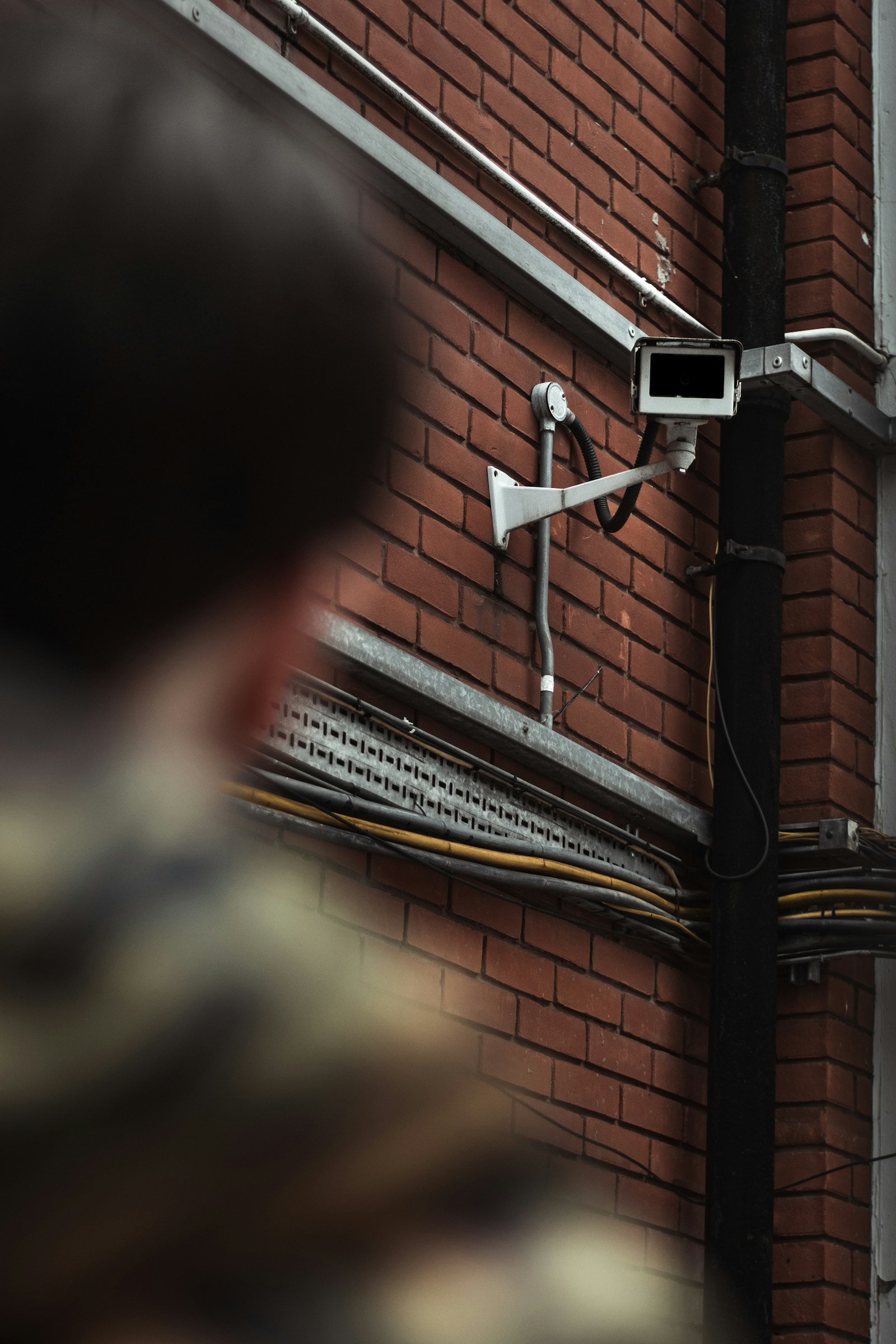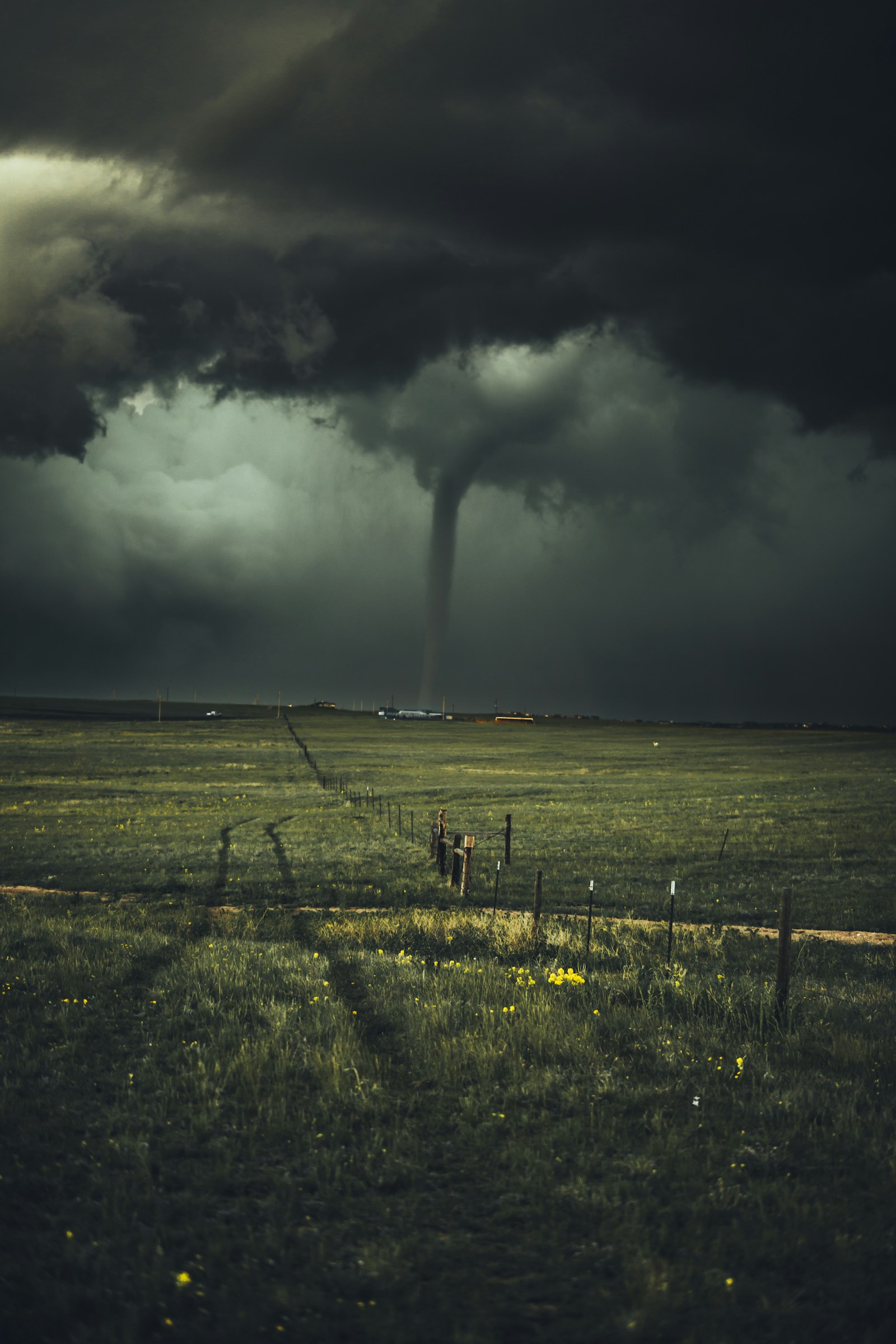Posted on
November 16, 2019
by
Bettina Reid
3 Steps to Protect, Prepare, and Repair Your Home From Weather Damages
Would you know what to do if your basement flooded tomorrow? Inclement weather can lead to a variety of problems for homeowners. Those problems can be costly, not to mention stressful to deal with, which is why being prepared is important for anyone who owns a home. So before the next storm hits, be sure to take care of these steps to keep your home protected:
Inspect Your Roof After Storms
With inclement weather, roof damage can be common. Deciding whether to repair your roof before you sell your home, or selling it with a damaged roof, all depends on whether or not you want high dollar offers on your home. By repairing a roof ahead of time, your home’s value can increase by $2,800, plus you may receive more offers on your home. Some signs that your roof has been damaged by weather, or other elements, can include leaking in the attic, buckling shingles, and growing moss, all of which may warrant a roof replacement. When deciding whether to replace your roof, you should also find out if your homeowner’s insurance covers damages. Weather-related roof damages usually qualify for coverage under most homeowner’s insurance policies, so you should be able to get help with repairs to your roof or any other parts of your home damaged by snow, ice or hail. Just be sure to take photos of any weather-related issues and file your claim ASAP to increase the chances of your claim being approved and any repairs being taken care of right away.
Check Your Flood Insurance Coverage
Recent reports show that flooding is becoming an increased risk throughout Canada, and the prevalence of floods is predicted to grow as time passes. This means that now more than ever, Canadian homeowners need to be prepared to weather the potential home damages that floods can cause. According to Allstate, flood waters can wreak havoc on electrical systems, damage structural elements and even cause toxic mold developments throughout affected homes. Worst of all, homeowners who fail to purchase additional overland flood insurance could be left paying for flood-related damages on their own. That’s because most homeowner’s insurance policies do not provide benefits for damages related to flooding, whether that flooding is caused by the weather or other factors. You can protect your home from flooding by getting appropriate overland flood insurance, but you can also use damage prevention steps to minimize the effects that floods have on your home. Make sure electrical systems are mounted high enough to avoid being impacted, and then be prepared to use other measures when a flood approaches.
Prepare Your Home for Other Weather Risks
Severe weather in B.C. can range from blizzards to high winds to thunderstorms, so the potential for weather-related damage to your home always exists. Since the winter season can bring the most risks for severe weather, taking steps to properly winterize your house can help mitigate the need for repairs after winter storms hit. Insulating your attic, clearing rain gutters and trimming dead tree branches are all simple home maintenance tasks you can complete to help protect your home. Staying safe from winds can require other measures as well. In the event of a wind storm, a tornado or a hurricane, be sure to securely close shutters or place protective layers over windows. If you happen to live in a mobile home, it’s also a good idea to seek shelter elsewhere until the weather passes. Dealing with storm damage after a wind event is never pleasant, but if you find damages to your roof or other property areas, you should also be prepared to ensure that any repairs are taken care of properly and in a timely manner.
Knowing how to protect and repair your home from weather damage can save you a lot of time, stress, and money. So be a responsible homeowner by preparing your property ahead of time, and taking the right steps to repair problems whenever inclement weather strikes. Above all, know how to keep your family, including pets and people, safe during a weather disaster. Because at the end of a storm, property can always be repaired or replaced.
Here is another great article written by a company in the US GH Clark on how to repair a roof from beginning to end: GH Clark They show you the varipus types of roofing to choose from.
Photo Credit: Unsplash











